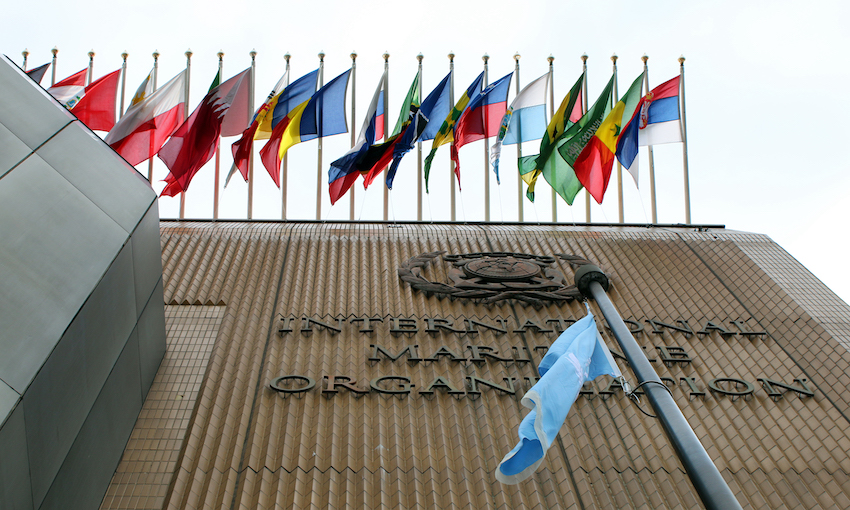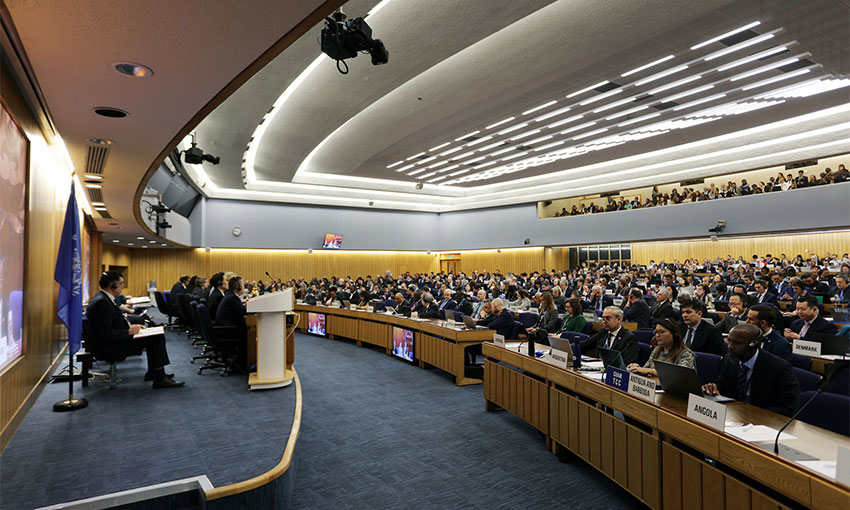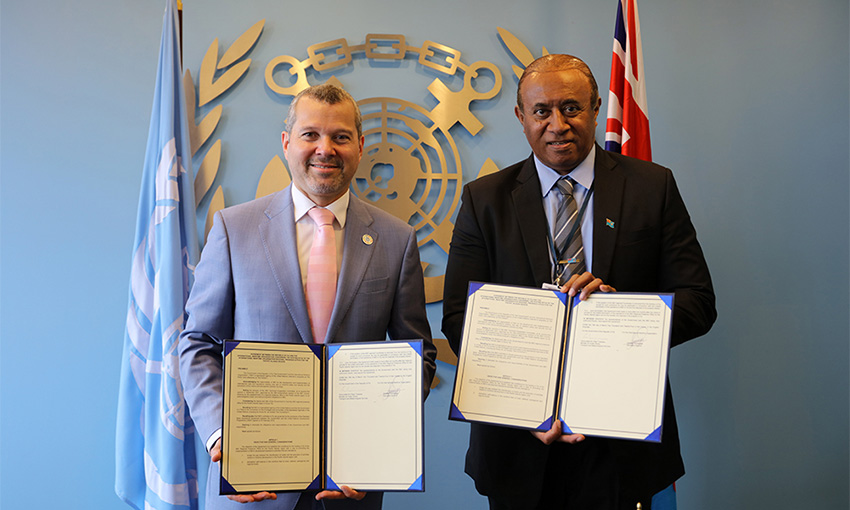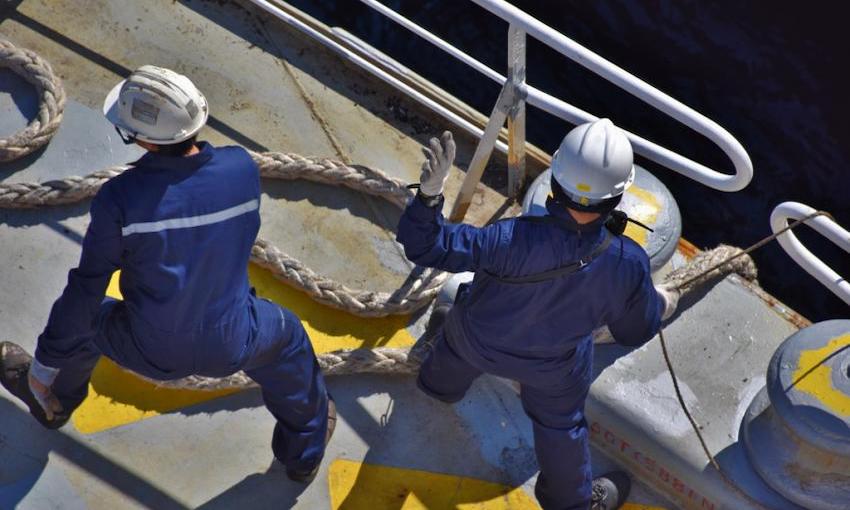THE International Maritime Organization is looking to expand the size of its council, extend the term of its members and recognise three additional language texts of the Convention on the International Maritime Organization.
Norway was the first country to accept the amendments, followed by Honduras.
The amendments, which were adopted at the 32nd session of the IMO Assembly held in December 2021, require acceptance by two thirds of the IMO membership (117 member states based on the current number of 175 member states) for entry into force.
IMO Secretary-General Kitack Lim said: “I am very pleased that Norway has become the first member state to deposit their instrument of acceptance of the amendments to the IMO Convention. I hope that we will see other member states follow suit in the coming months and demonstrate their support for the reformation of the IMO Council. IMO must have a truly representative, balanced, diverse, and efficient council, given the global nature of our vital work. “
The current IMO Council consists of 40 members, most recently elected in December 2021.
Expanding the size of the IMO Council would see 12 additional seats allocated.
Under the amendments, council members would remain in their roles until the end of the next two consecutive regular sessions of the assembly, after which they would be eligible for re-election. Since assemblies are held every two years, this would generally mean that members would serve a four-year term.
In the spirit of multilingualism embraced by the United Nations system, the IMO Assembly adopted an amendment to the IMO Convention, such that Arabic, Chinese and Russian, (which are already official languages of the organisation), will be added as authentic texts of the IMO Convention, supplementing the current authentic texts in English, French and Spanish.
The IMO Council is elected by the assembly. The council is the executive organ of IMO and is responsible, under the assembly, for supervising the work of the organisation. Between sessions of the assembly, the council performs all the functions of the assembly, except the function of making recommendations to governments on maritime safety and pollution prevention which is reserved for the assembly.





